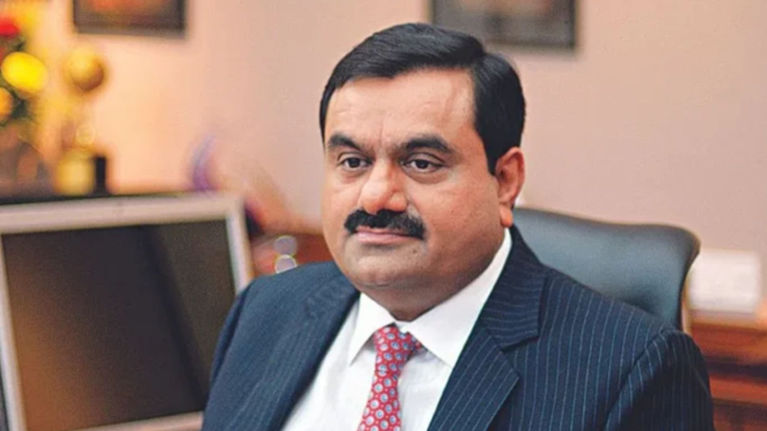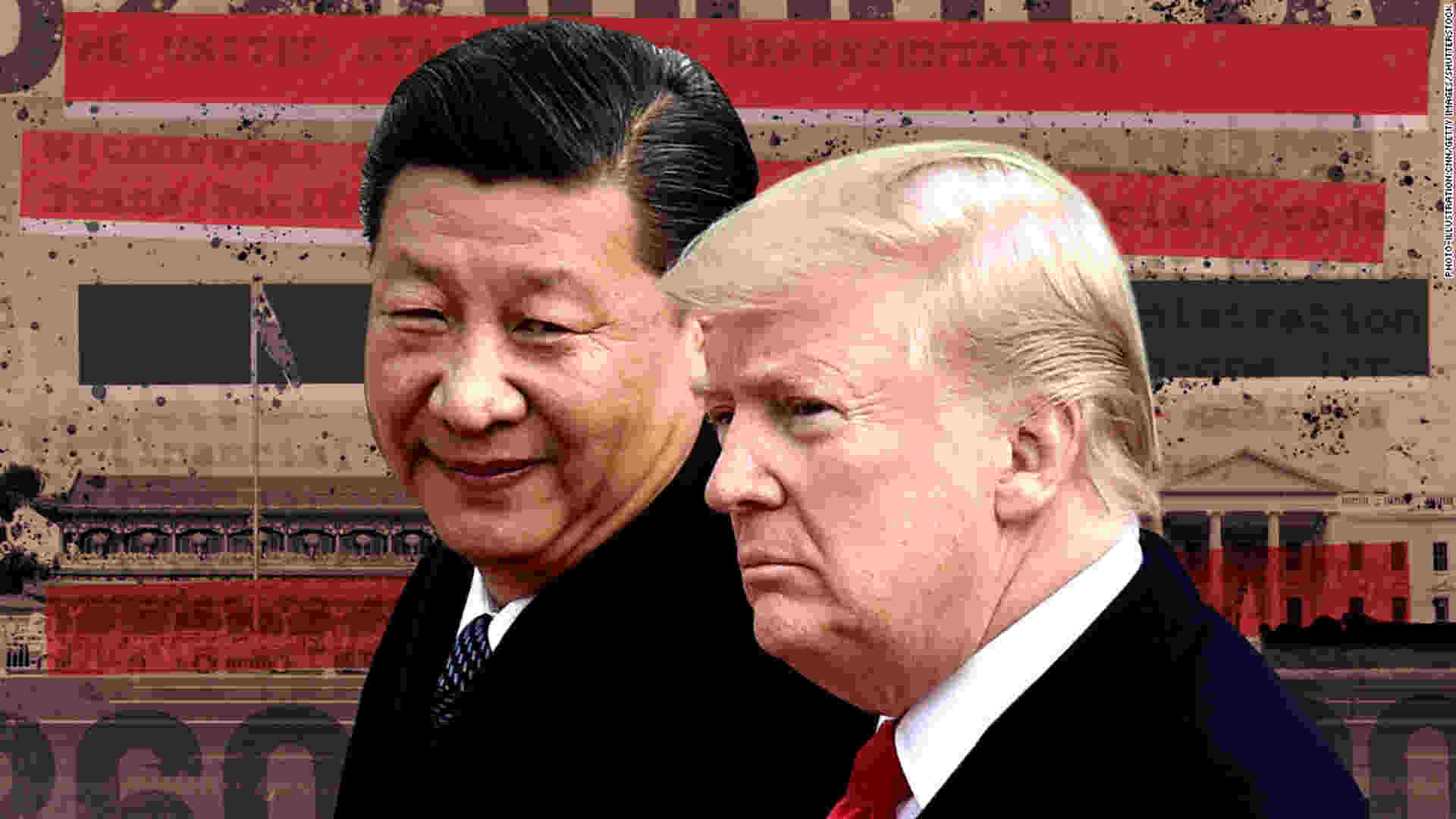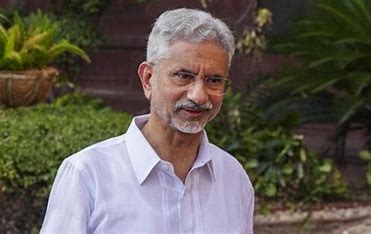Adani Ports and Special Economic Zone (APSEZ), owned by billionaire Gautam Adani, has withdrawn from a $553 million loan agreement with the US International Development Finance Corporation (DFC). This loan was meant to fund the development of a port terminal in Colombo, Sri Lanka. Reports from sources confirmed this move.
Shift to Internal Financing
In a filing on Monday, APSEZ announced a significant shift in its funding strategy. The company revealed, “The project will be financed through the company’s internal accruals and capital management plan. We have withdrawn our request for financing from the DFC.” This decision underscores Adani Ports’ confidence in its internal resources.
Allegations Against Gautam Adani
However, the filing did not address recent controversies surrounding Gautam Adani and his associates. A US court recently indicted them for allegedly planning to pay $265 million in bribes to Indian officials for solar energy projects. According to the indictment, they also concealed this scheme while seeking investments from US-based financiers.
Political Repercussions in India
These allegations have sparked political debates in India. Opposition parties have criticized Prime Minister Narendra Modi, accusing him of favoring Gautam Adani. The claims gain traction as both Adani and Modi hail from Gujarat, adding a political dimension to the controversy.
Colombo Port Project Moves Forward
Despite withdrawing from the DFC loan, work on the Colombo port terminal continues. The original loan agreement, signed last year, aimed to counter China’s dominance in infrastructure financing in developing nations. Although no funds were released under the agreement, construction has already begun. The project also involves local Sri Lankan partners, further strengthening regional collaboration.
Sri Lanka’s New President to Visit India
Meanwhile, Sri Lanka’s newly-elected President, Anura Kumara Dissanayake, is set to visit India from December 15-17. This trip marks his first international visit since taking office, signaling a focus on enhancing bilateral relations with India.
Broader Implications
This decision by APSEZ to self-finance the Colombo project highlights its strategic adaptability. Furthermore, it reflects shifting dynamics in regional infrastructure investments, with countries seeking alternatives to traditional funding sources like China.
By moving forward with internal resources, Adani Ports signals its commitment to long-term goals while navigating political and legal challenges.


















